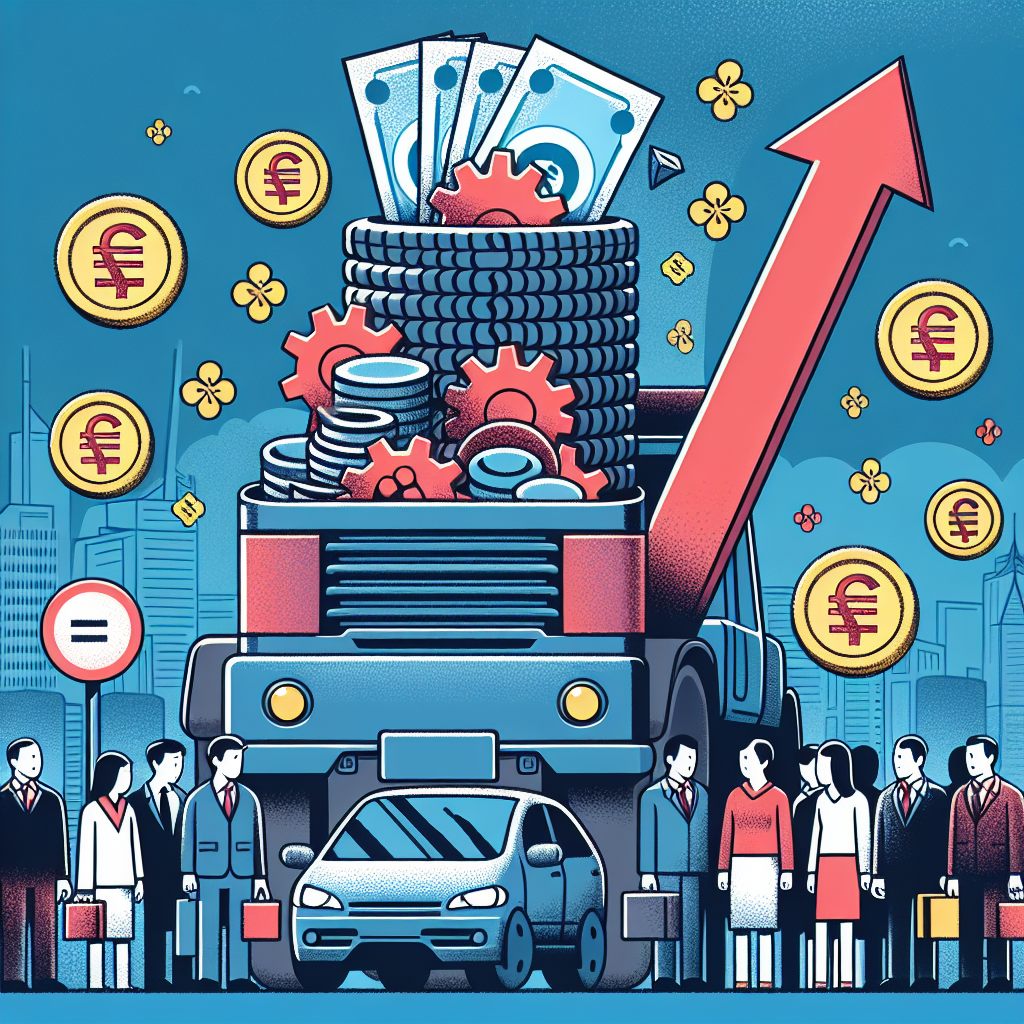Owning a home in Beijing should have been a profitable investment for Zhang, a 32-year-old consultant. But the Chinese property market’s years-long collapse has meant he is “definitely losing money”. Asked if this week’s bumper stimulus measures would restore his faith in the Chinese economy, he was clear: “Absolutely not.”
The package — Beijing’s biggest since the pandemic — includes billions of dollars from the central bank to support the stock market, policy rate cuts, measures to boost bank liquidity and efforts to stabilise China’s prolonged property crisis, including a 50-basis point interest rate cut for mortgage holders such as Zhang.
This was followed by one of the most forceful statements on Thursday from China’s politburo, which held what analysts called an “emergency” meeting on the economy and announced that it would intensify fiscal spending to support growth.
The combination supercharged markets, putting Chinese stocks on track for their best week since 2008.
“We were . . . surprised by the pace of the policy shift,” said Robin Xing, Morgan Stanley’s chief Asia economist, who anticipated this would be the first in a long cycle of policies to reflate the economy.
But the plight of people such as Zhang shows the scale of Beijing’s challenge as it seeks to reignite consumer confidence in the world’s second-largest economy.
The three-year housing slump, triggered by a crackdown by Beijing on real estate leverage and accompanied by other crackdowns on industries ranging from ecommerce to online education and finance, has hit household confidence. Combined with industrial oversupply and soaring debt levels, analysts warn China risks descending into a deflationary spiral.
Despite China’s booming exports, which are helping to sustain GDP growth, industrial profits for large companies fell nearly 18 per cent year on year in August. This was partly because of “insufficient effective market demand”, the National Bureau of Statistics said on Friday.
In the domestic economy, the lack of confidence is evident everywhere. Retail sales are up less than 1 per cent since the start of the year in seasonally adjusted terms, research group Gavekal estimated, while consumer prices are flirting with deflation, youth unemployment is up and tax revenue and expenditure fell in August.
The monetary policy package, which was announced by central bank governor Pan Gongsheng on Tuesday flanked by financial sector regulators, contained powerful support for the stock market, including swaps to help brokers, funds and insurance companies increase their stock market holdings and funds for companies to undertake share buybacks.
The central bank also cut the benchmark short-term rate by 20 basis points and slashed the level of reserves that banks must hold, freeing up about Rmb1tn ($143bn) for lending.
The easing signals sent global markets higher and cheered trading partners. “We are very pleased to see these additional steps,” said Australian treasurer Jim Chalmers during a visit to Beijing on Friday. He pointed to Australian treasury forecasts that China, Australia’s largest trading partner, was facing its weakest three years of growth since the 1970s. Shares in Australia’s Fortescue, the iron ore miner, gained 5 per cent, while BHP and Rio Tinto rose 3 per cent on Friday.
“[Weak] growth in the Chinese economy has been a key contributor to weakness in the global economy,” he said.
But economists were concerned that, with the exception of the mortgage rate cut, there was not enough help for households. Cuts to bank deposit rates will hit broader household incomes.
“Probably Beijing will need to deliver some more concrete programmes over the next few weeks to reassure the market that there is more money being put to use to help consumers maintain their spending power,” said Fred Neumann, chief Asia economist at HSBC. “You need to have monetary easing, but you also need to provide a demand boost by fiscal means.”
“These monetary policies themselves are not going to change the game,” said Andrew Tilton, chief Asia-Pacific economist at Goldman Sachs. “But they send a message that the top leadership is looking to stabilise things.”
President Xi Jinping sought to strengthen that message through the politburo meeting statement, which tempered the government’s usual optimism on the economy with a more solemn tone.
“Some new situations and problems have emerged in the current economic operation,” the statement said. “We must . . . face up to difficulties.”
Economists believe a pledge in the statement to intensify “countercyclical adjustment of fiscal and monetary policies” through the issue of long-term special treasury bonds and local government special bonds could mean more fiscal stimulus is on the way, with some going to consumers.
Goldman Sachs said this could take the form of an extra Rmb1tn-Rmb2tn in ultra-long central government sovereign bond issues.
Morgan Stanley’s Xing agreed that the government might widen its budget deficit this year by up to Rmb2tn to fuel social welfare spending or debt reduction.
But this would still be short of the Rmb10tn in fiscal stimulus Xing and other economists believe will be needed over two years to fully reflate the economy. “We’re not there yet,” Xing said.
For China’s long-suffering homeowners, help cannot come soon enough.
“I don’t feel optimistic,” said another Beijing homeowner who asked not to be identified. “Prices are dropping, so no one is buying or selling. I don’t know how they [the government] can solve this problem.”
Additional reporting by Nian Liu in Beijing and Nic Fildes in Sydney
text:
Please rewrite the text.

